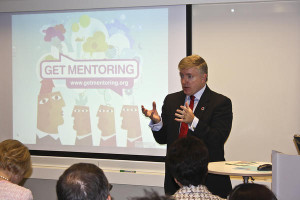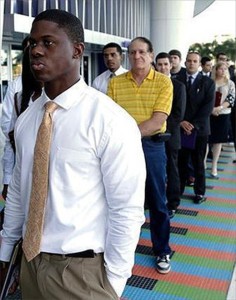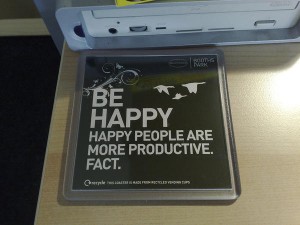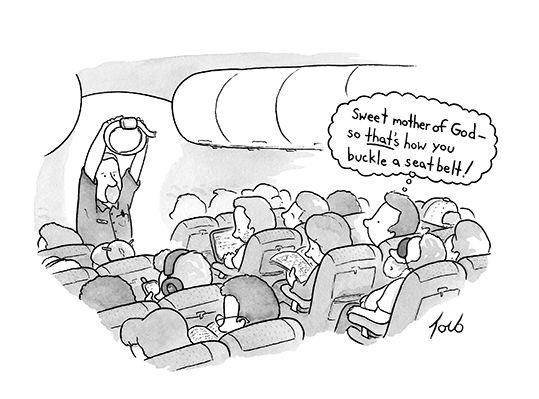 In a previous Mentoring Moment, I suggested that Mentors and Leaders need to help make sure our young people have the right skill sets to be attractive new hires. I let open exactly what those skill sets might be. Well, a friend recently sent me a newsletter that makes it clear what our employers are looking for in their new hires. Here are the top ten qualities employers feel will help them gain a competitive edge with the right employees.
In a previous Mentoring Moment, I suggested that Mentors and Leaders need to help make sure our young people have the right skill sets to be attractive new hires. I let open exactly what those skill sets might be. Well, a friend recently sent me a newsletter that makes it clear what our employers are looking for in their new hires. Here are the top ten qualities employers feel will help them gain a competitive edge with the right employees.
Washington – With the economy and job market continuing to slowly improve, more employers are shifting their focus from survival mode to gaining a competitive advantage.
 “Employers want workers who can help them capitalize on the improved economy and benefit from opportunities presented by less competitively skilled and structured companies. They are looking for workers with skills to help them to quickly grow their businesses, cut their costs and improve their operations,” said Dr. David Miles.
“Employers want workers who can help them capitalize on the improved economy and benefit from opportunities presented by less competitively skilled and structured companies. They are looking for workers with skills to help them to quickly grow their businesses, cut their costs and improve their operations,” said Dr. David Miles.
“The lower unemployment rate and improved economy represent good and bad news for job-seekers. While there are generally more jobs available, there is even more competition for them. This is putting added pressure on employees to possess ‘must-have’ skills,” added Miles.
Click here to read the rest of the article »













